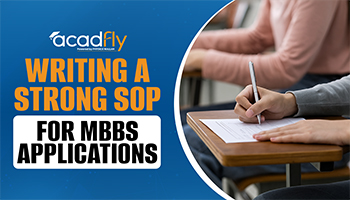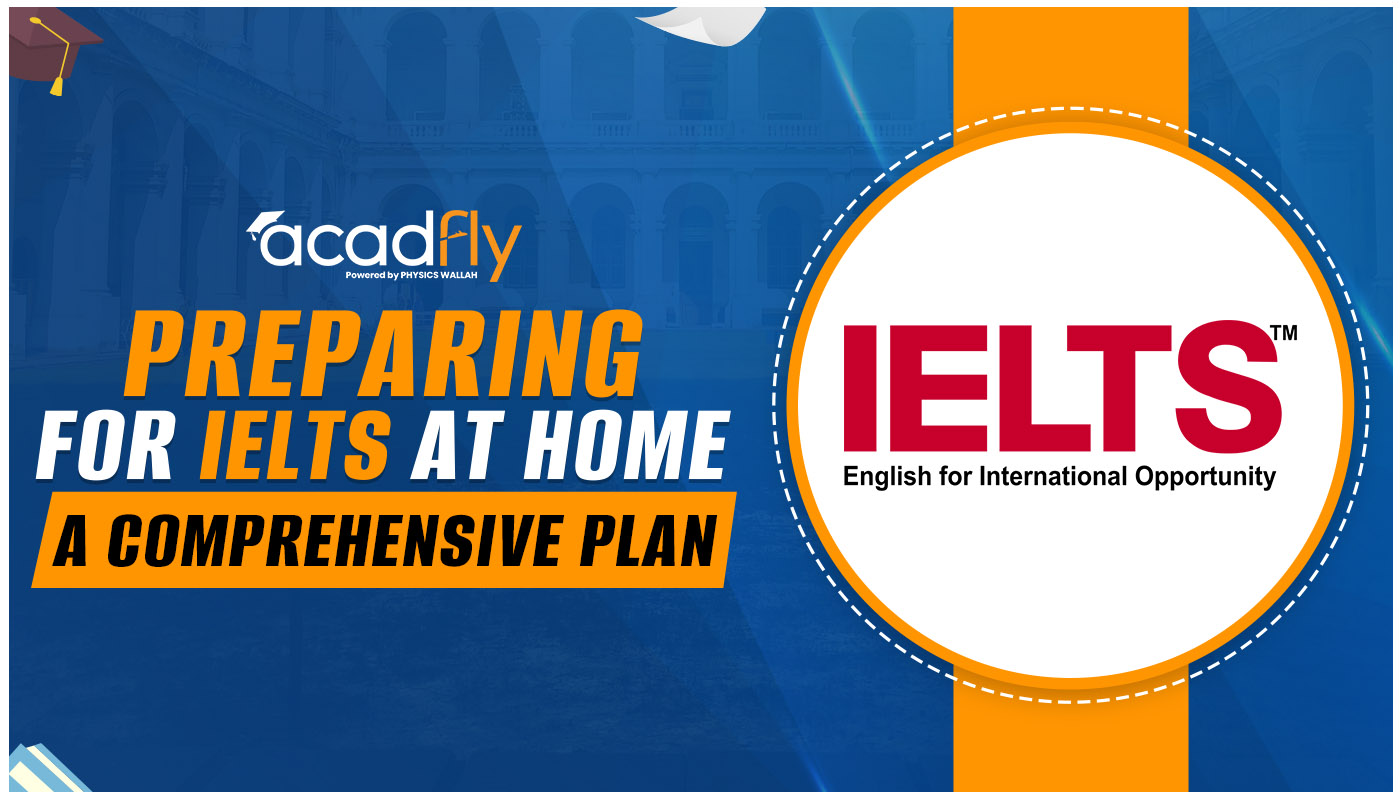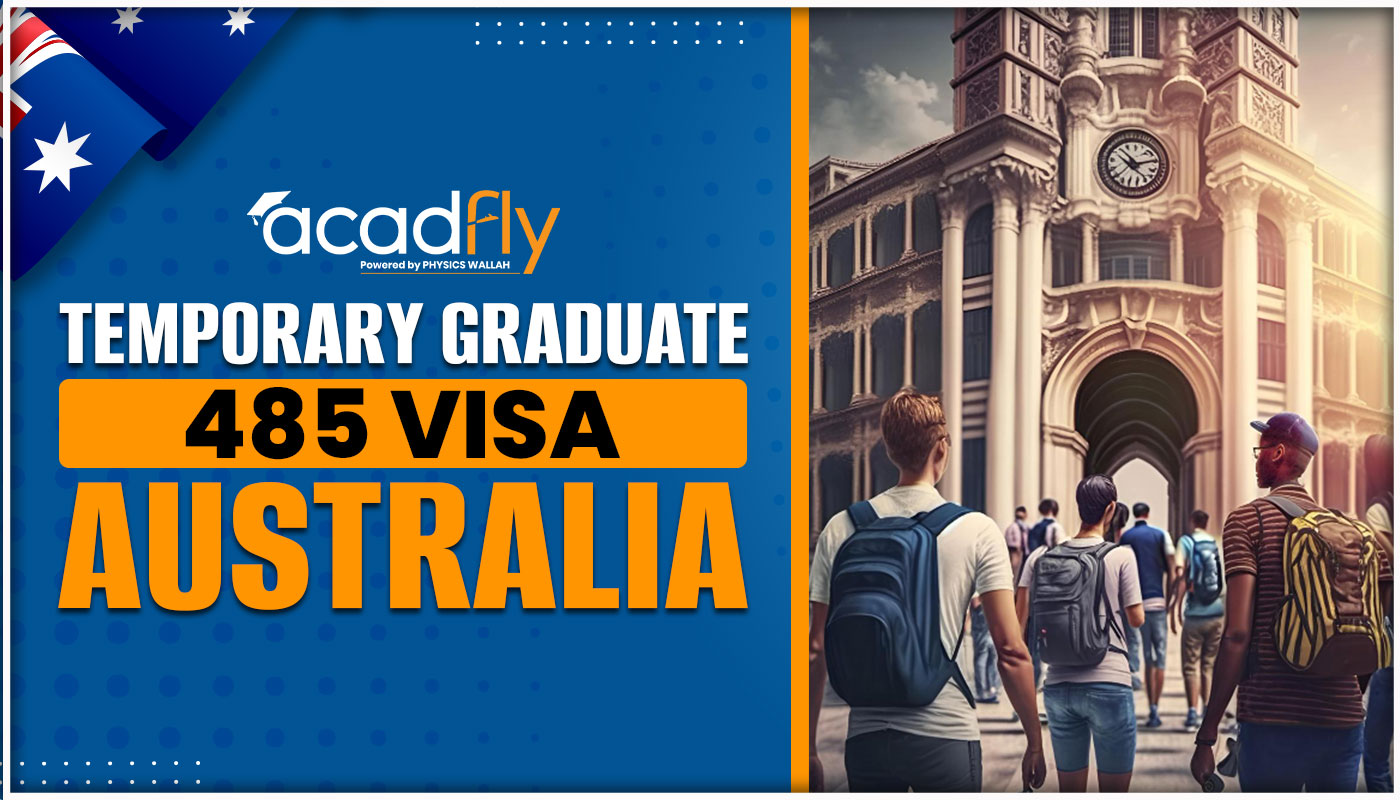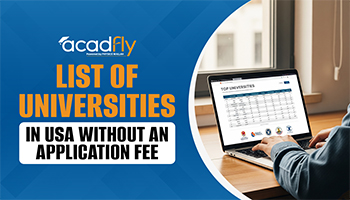
Pursuing a Master's in Economics in Ireland is an attractive option for students seeking to deepen their understanding of economic theories, policies, and practices. With its rich academic heritage and robust job market, Ireland stands out as an ideal destination for aspiring economists. This article delves into various aspects of economics master's programs in Ireland, including top universities, career prospects, and relevant salary information.
Overview of Economics Master’s Programs in Ireland
Ireland boasts a range of master's programs in economics, providing students with an opportunity to explore advanced economic concepts and their practical applications. These programs are designed to equip students with the analytical skills needed to understand complex economic issues and to prepare them for a variety of roles in the public and private sectors.
The curriculum typically covers topics such as microeconomics, macroeconomics, econometrics, and public policy. Students also benefit from a focus on practical experience, often involving case studies, projects, and internships. This comprehensive approach ensures that graduates are well-prepared for the challenges they will face in the workforce.
Types of Economics Master's Programs
In Ireland, master's programs in economics come in various forms to cater to different student needs and career aspirations. Below are some common types of programs:
-
Traditional Master's Programs: These programs focus on theoretical and applied economics, providing a strong foundation in economic principles.
-
Specialized Master's Programs: Some institutions offer specialized programs, such as a Master's in Applied Economics or a Master's in Development Economics. These programs often focus on specific areas, such as labor economics, international trade, or environmental economics.
-
Interdisciplinary Programs: Certain universities combine economics with other disciplines, such as finance, public policy, or international relations, offering a more holistic view of economic issues.
-
Online and Part-time Options: Many institutions provide online or part-time master's programs, allowing students to balance their studies with work or other commitments.
Top Economics Schools Ireland
When choosing a master's program in economics, it is crucial to consider the reputation of the institution. Here are some of the top economics schools in Ireland:
University College Dublin (UCD)
UCD is renowned for its School of Economics, offering various master's programs such as the MSc in Economics and MSc in Economic Policy. UCD emphasizes research-led teaching, providing students with the opportunity to work on real-world economic issues.
Trinity College Dublin (TCD)
Trinity College's Department of Economics is one of the oldest in Ireland and offers a Master's in Economics that combines rigorous theoretical training with practical applications. TCD is known for its strong academic tradition and vibrant student community.
National University of Ireland, Galway (NUIG)
NUIG offers a Master's in Economics that focuses on applied economics and economic policy. The program is designed to provide students with practical skills and knowledge that are highly valued in the job market.
University of Limerick (UL)
The University of Limerick offers an MSc in Economics and a Master of Science in Economic and Policy Analysis. UL is recognized for its commitment to providing students with a practical and applied approach to economics.
Economics Jobs Ireland
Graduating with a master's degree in economics opens the door to various career opportunities in Ireland. The demand for skilled economists is on the rise, particularly in sectors such as finance, public policy, and consultancy. Below are some of the most popular economics-related job roles in Ireland:
Economic Analyst Jobs Ireland
Economic analysts play a crucial role in helping organizations understand market trends and economic conditions. They analyze data and provide insights that inform business decisions. Economic analysts in Ireland often work in finance, consulting, or government agencies.
Public Policy Roles Ireland
A master's in economics can also lead to public policy roles, where graduates develop and evaluate policies that impact society. These positions may be found in government agencies, think tanks, and non-profit organizations. Public policy professionals often work on issues such as healthcare, education, and economic development.
Private Sector Opportunities
In addition to public sector roles, economists can find rewarding careers in the private sector. Many corporations seek economists for roles in market research, financial analysis, and strategic planning. These positions often involve analyzing consumer behavior and market trends to drive business decisions.
Economics Salary Ireland
Understanding the potential salary for economics graduates is vital for prospective students. Salaries can vary based on factors such as experience, location, and the specific role. According to recent data, the average salary for economists in Ireland can range significantly.
|
Job Role |
Average Salary (per annum) |
|
Economic Analyst |
€45,000 - €60,000 |
|
Public Policy Analyst |
€50,000 - €70,000 |
|
Financial Consultant |
€55,000 - €80,000 |
|
Research Economist |
€60,000 - €90,000 |
This table illustrates the potential earnings across various economics-related roles, highlighting the lucrative opportunities available to graduates.
Skills Required for Economics Jobs
To succeed in economics-related careers, graduates should develop several key skills:
Analytical Skills
Analytical skills are essential for economists, as they involve interpreting data and identifying trends. Graduates should be comfortable working with statistical tools and techniques to analyze economic data.
Communication Skills
Economists must be able to communicate complex ideas clearly and effectively. This skill is particularly important when presenting findings to stakeholders or writing reports.
Problem-Solving Skills
The ability to approach problems creatively and develop practical solutions is vital in economics. Graduates should be adept at critical thinking and decision-making.
Technical Skills
Familiarity with statistical software and data analysis tools is crucial. Economists often use software such as STATA, R, or Python to conduct analyses.
The Future of Economics in Ireland
The landscape of economics in Ireland is continually evolving, influenced by global trends and local developments. As the economy grows and changes, the demand for skilled economists is expected to rise, particularly in fields such as data analysis, public policy, and financial consulting.
Emerging Opportunities
Recent trends indicate that there is increasing interest in areas such as behavioral economics, environmental economics, and data-driven decision-making. These fields present new opportunities for graduates who are adaptable and willing to explore innovative economic solutions.
Networking and Professional Development
To stay competitive in the job market, economics graduates should engage in networking and professional development opportunities. Joining professional organizations, attending conferences, and participating in workshops can help graduates build valuable connections and stay informed about industry trends.
Conclusion
Pursuing a master's in economics in Ireland offers a wealth of opportunities for personal and professional growth. With a robust academic framework, diverse career paths, and an increasing demand for skilled economists, students can find a rewarding and impactful career in this field. Whether you aspire to work in public policy, finance, or research, the skills and knowledge gained from an economics master's program in Ireland will provide a strong foundation for your future.
Frequently Asked Questions
1. What are the requirements for a Master's in Economics in Ireland?
2. How long does it take to complete a Master's in Economics in Ireland?
3. What is the average salary for an economics graduate in Ireland?
4. Are there opportunities for internships during the master's program?
5. What career paths are available for graduates with a Master's in Economics?










